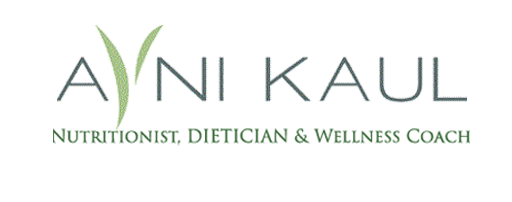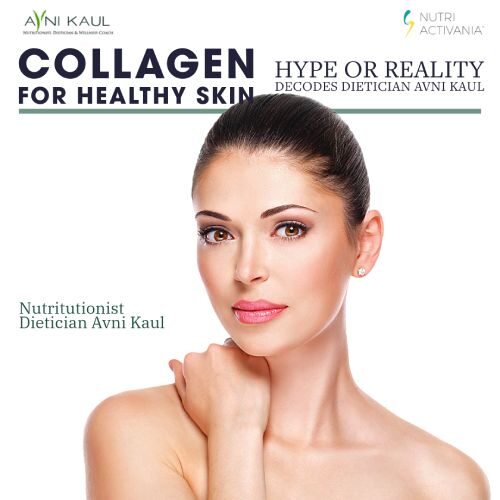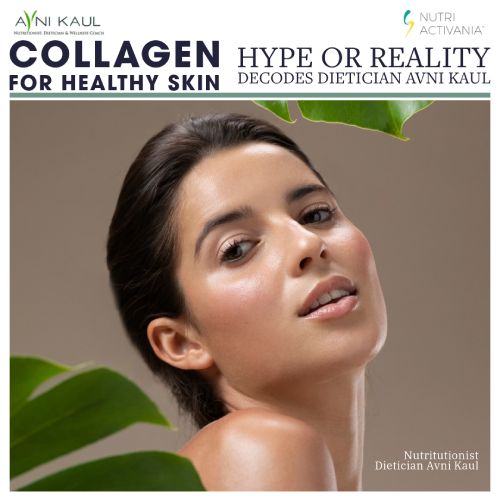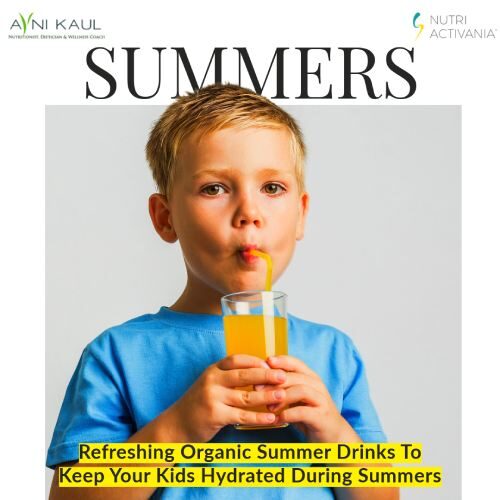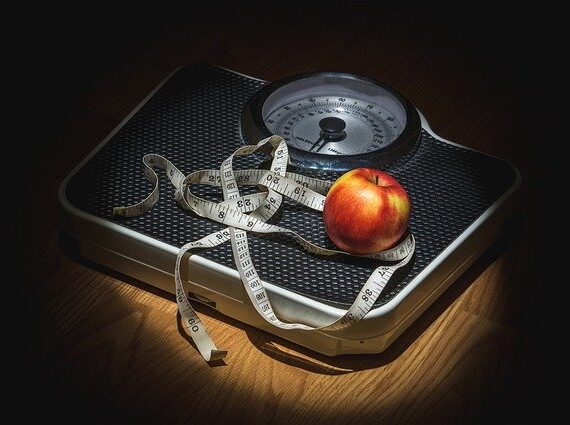Collagen, an endogenous protein in the body, has gained popularity as a supplement and a common ingredient in beauty products with assertions of enhancing skin health. The marketing of collagen products suggests that they can enhance skin elasticity, diminish the appearance of wrinkles, and promote increased skin blood circulation. Let us see what India’s eminent weight loss dietician and skincare nutritionist Avni Kaul has to say on this.
What is the role of collagen in your body?
Collagen stands as a fundamental protein, serving as a key structural component for bones, skin, hair, muscles, tendons, and ligaments. Collagen plays a pivotal role in maintaining the firmness of our skin, contributing to a youthful, plump appearance.”
Although the body naturally synthesizes collagen, this production diminishes over time. “Commencing in our mid-20s, the gradual decline in collagen production begins. For women, the initial five years of menopause can result in a loss of up to 30% of collagen production.”
Due to the age-related decline in collagen levels, many individuals are turning to collagen supplements as part of their anti-ageing skincare routines.
Do collagen supplements work?
Collagen is commonly available in the form of supplements, including collagen peptide powders, capsules, or liquid formulations. However, their efficacy remains uncertain.
“The challenge lies in our limited understanding of whether collagen supplements truly confer benefits.
The concern is that most substances we ingest undergo breakdown by stomach acids and may not be effectively absorbed into the bloodstream. The extent to which ingested collagen is absorbed versus broken down in the stomach is unclear.” We still need a comprehensive, large-scale study dedicated to examining collagen’s long-term effects when taken as an oral supplement.
The verdict is still pending on the benefits of collagen supplementation. Choosing a reputable collagen product is likely to pose very little risk if one wishes to try it. But consult your doctor or a qualified dietician before taking it.
Protecting your natural collagen for healthy skin
The collagen in your skin is susceptible to degradation from the sun’s ultraviolet (UV) rays, underscoring the importance of daily sunscreen use. In addition to sun protection, the consumption of antioxidant-rich foods, such as fruits and vegetables could contribute to safeguarding collagen from deterioration.
For individuals contemplating a new skincare regimen or considering the use of anti-ageing beauty products, it is advised to seek guidance from a qualified professional.
Which foods could boost collagen?
Several foods are known to support and boost collagen production in the body. These foods typically provide essential nutrients and compounds required for collagen synthesis. Here are some examples:
Vitamin C-Rich Foods: Vitamin C is a critical nutrient for collagen production. Citrus fruits, strawberries, kiwi, bell peppers, and broccoli are excellent sources of vitamin C.
Protein-Rich Foods: Collagen is a protein, so consuming high-quality protein sources is essential. Lean meats, poultry, fish, eggs, dairy products, and plant-based protein sources like beans and lentils can help.
Bone Broth: Bone broth is rich in collagen and other compounds that support collagen production. It is made by simmering animal bones and connective tissues.
Dark Leafy Greens: Spinach, kale, and other dark leafy greens contain chlorophyll which can promote collagen synthesis.
Berries: Berries like blueberries and blackberries are high in antioxidants, which help protect against collagen damage from free radicals.
Nuts and Seeds: Almonds, sunflower seeds, and chia seeds are good sources of nutrients like copper and zinc, which are necessary for collagen formation.
Soy Products: Soy contains genistein, a compound that may help boost collagen production and reduce the breakdown of existing collagen.
Citrus Fruits: Besides vitamin C, citrus fruits contain amino acids that support collagen synthesis.
Red and Yellow Vegetables: Tomatoes, red and yellow bell peppers, and sweet potatoes contain antioxidants and nutrients that promote collagen health.
Garlic: Garlic contains sulfur, which is essential for collagen production.
Fish: Fatty fish like salmon, mackerel, and sardines are high in omega-3 fatty acids, which can help maintain healthy skin and support collagen production.
Amino Acid-Rich Foods: Amino acids like proline and lysine are vital for collagen formation. Foods like eggs, dairy, and lean meats are good sources of these amino acids.
Remember that a balanced diet with a variety of these foods is key to supporting collagen health. Additionally, it is important to protect your skin from excessive sun exposure and maintain overall good skin care practices to keep your collagen levels optimal.
